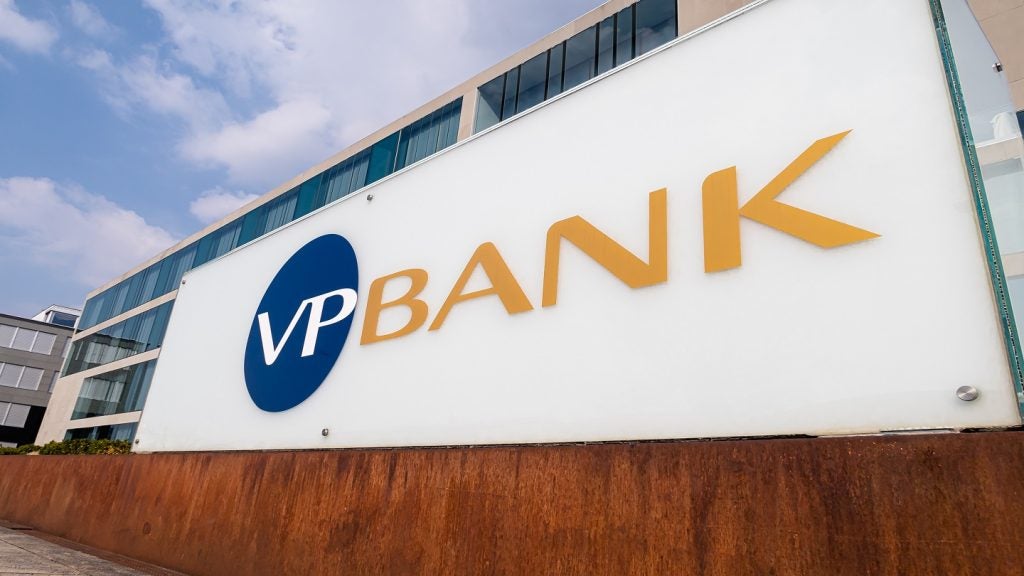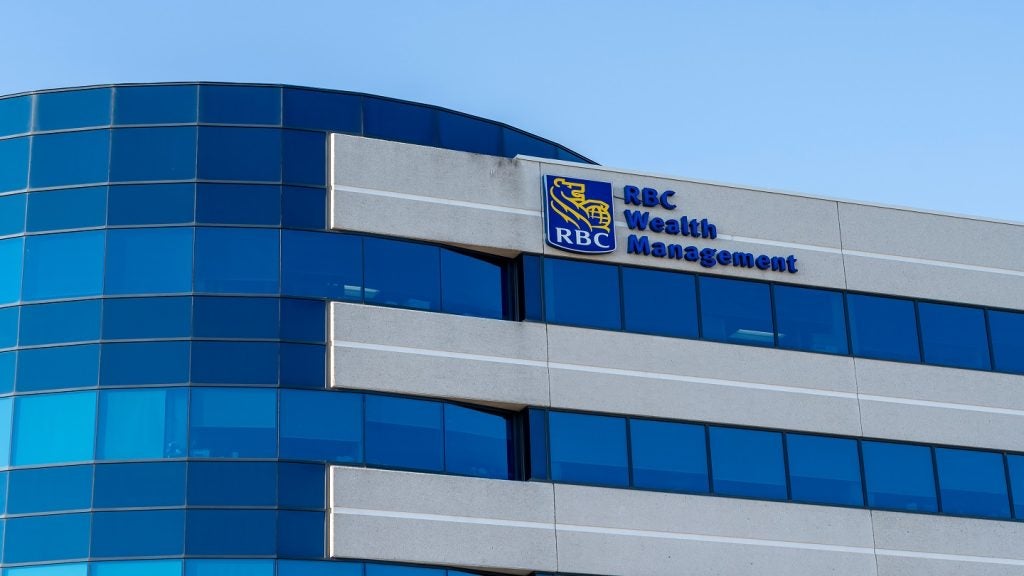The former head of BBVA’s
private bank has become the latest executive to leave mainstream
wealth management and claim the industry cannot reconcile core
conflicts of interests between employees and clients. Will Cain spoke to Daniel de Fernando,
now at the Spanish family office MdF Achievers.
Heading a wealth management business
as part of a universal bank is an impossible job, according to the
former head of BBVA’s private bank Daniel de Fernando.
De Fernando, who now heads the private
investment office MdF Achievers in Spain, is the latest banker to
leave the mainstream industry claiming the interests of clients and
bankers are deeply misaligned.
“The private banking industry is built in such
a way that when you run one of those businesses your main headache
is how you try to build and reconcile your interest as an employee
and the interests of the clients you have to advise,” he said.
“It becomes extremely difficult and stressful.
At the time, you think you can do it, but I do not think it can
actually be done. When you run the business, you devote a lot of
energy to that and you have a permanent feeling of
dissatisfaction.”
De Fernando’s views echoed those of other
senior wealth management figures that have left larger banking
groups to set up new businesses or moved to family offices. In May
2009, Shawn Mofidi, a high-profile Middle East banker at Citigroup,
joined Geneva-based family office Global Wealth Management. He said
that while banks talked about being “trusted advisers”, the reality
was they were “conflicted; they talked about unconflicted advice,
but the reality was it was biased”.
Other bankers have also voiced concerns,
particularly over the sale of structured products. The high margins
and revenues on the structures mean advisers under pressure to
generate revenue are effectively incentivised to put clients into
them, regardless of whether they are appropriate.
De Fernando left BBVA, where he was also head
of asset management, a year ago to set up MdF Achievers. The new
business received regulatory clearance last summer and has been
operational for six months. It was formed by merging two family
offices, MdF Family Partners and Achievers Family Office, both
based in Madrid. Business so far has been in line with
expectations, though he gave little specific detail on the number
of families he was working with or the volume of client assets
under advice. It works with clients with €20 million ($29 million)
and above, though this varies considerably depending on the
complexity of a client’s investment portfolio and family
structure.
“We have found a marketplace that was not very
favourable in terms of liquidity events, but very favourable in
terms of the value proposition of non-conflicted advice,” he said.
“So the overall effect has been neutral effectively. We are
evolving very much as expected.”
In June last year, MdF established a
partnership with UK private investment office Lord North Street
which sees it receive investment services including asset
allocation advice and manager selection capability. De Fernando
sits on the investment committee of Lord North Street in
return.
“I think it goes further than providing
investment views or asset allocation” said de Fernando.
International
co-operation
“It makes sense for a business like
ours to have international cooperation with others. It gives you
more scale, more critical mass in the market and means you have
eyes and ears everywhere in the market place.”
The partners may extend their cooperation,
through enhancing their asset allocation models and communicating
further on market views and manager selection. He said the client
portfolios of Lord North Street and MdF were converging towards
each other meaning they could also benefit from reduced fees
charged by managers because of the increased size of their clients’
assets.
“These affiliations among family offices make
sense and I think we will see more of that in the market place,”
said de Fernando.
Multi family offices are still largely
domestic operations because much of their expertise is related to
the domestic legal framework they operate in. They tend to be
specialist service providers in one market place, but the global
nature of their clients means there is a need for partnerships.
“That is why it makes sense for us to partner
with someone in a different market, giving us a view from that
market,” said de Fernando.
“A lot of people can provide you with that
kind of service or help, but if you look at the foundation of our
business, it is based on the lack of conflict of interests. So
there is nothing better really than to partner with an organisation
which shares that model because you know you are getting the best
advice.”
Transparency of fees is traditionally another
area that differentiates multi family offices from private banks.
MdF charges a yearly fee, not dependent on asset allocation. Any
retrocessions secured from product providers are paid directly to
clients.
“We tend not to like performance fees,” de
Fernando said. “We can see the commercial attractiveness, but they
are a seed for conflict of interest. We like to say our performance
is on a daily basis, because firing us is the easiest thing in the
world. If a client is unhappy with what we do, they only have to
send us one letter and we are out.”
MdF provides the types of services a private
investment office typically offers in Europe – designing and
implementing strategies for wealthy families, focusing on areas
like manager selection, due diligence and asset allocation. It also
offers family office and administrative services including family
governance and advice, a model more traditionally found in the US
than Europe. European family offices tend to focus more on
investment management and advice than the wider range of family
services.







